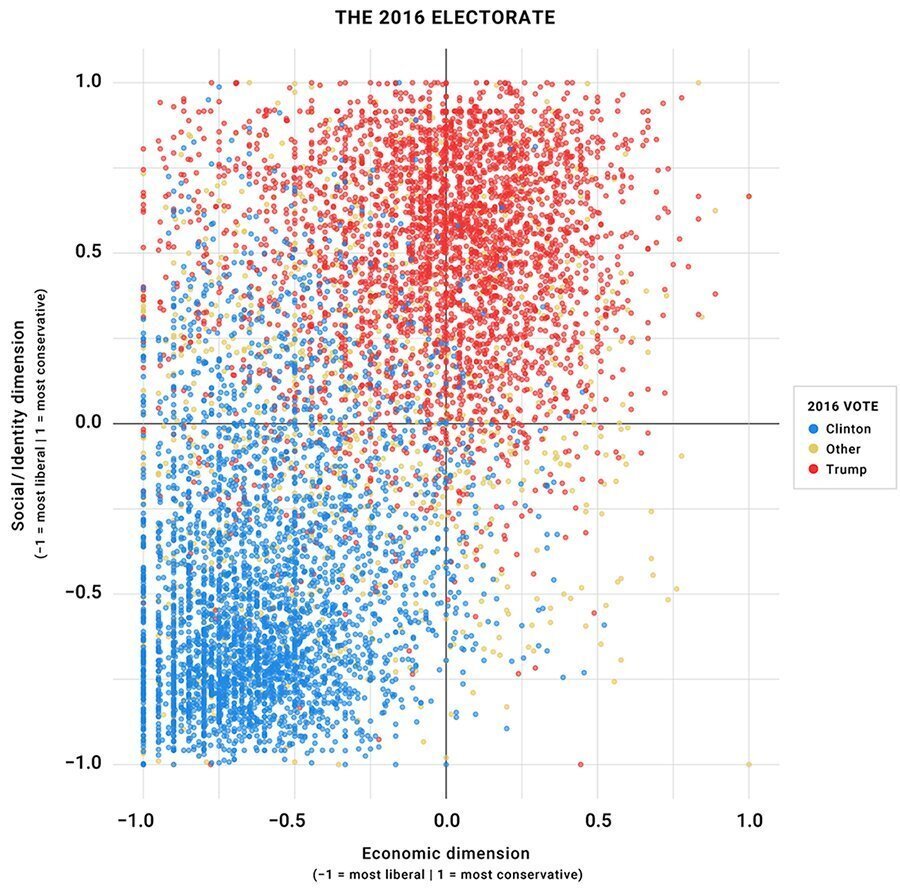The Long View 2008-12-08: Remind me: why do we have economies?

The following paragraph surely counts as one of John’s good predictions:
It is difficult for people in the early 21st century to understand that the only possible future of conservatism (in the sense of a political philosophy interested in conserving things) looks more than a little like the New Deal: economically redistributive and culturally conservative. Nothing less will do.
What John didn’t quite guess however, was how this development would be met with wailing and gnashing of teeth. I think part of this can be explained by the accident that the first truly populist American president in a long time was widely disliked by the educated classes, but not all of it. Patrick Deneen talks about why in a recent post on the collaborative Substack The Post-Liberal Order aptly titled: Why They Hate Us.
Remind me: why do we have economies?
There is nothing I would change in R.R. Reno's piece on the First Things site yesterday, The Challenge Facing Conservatism:
For all his talk of "change," Barack Obama won because he was the candidate of retrenchment... Obamaıs election signals a collective American desire for stability...
[P]olicies we associate with conservatism seem to ramp up risk...
Thus the challenge for American conservatism. Voters are reading the ideological situation accurately. And they are pushing back against the instabilities that arise from conservative economic philosophy and foreign policy...
But there is a deeper point that conservatives need to make. Our sense of instability, our feeling that everything is up for grabs, and our anxious insecurity has its most destructive source in the triumph of desire over restraint in contemporary culture...
On this point, it seems to me that American conservatism must recognize the primacy of social mores over economic philosophy and foreign policy. We need to expand an old argument. A democracy depends upon citizens capable of ordered liberty...
We can endure the inevitable risks of marketplace and battlefield if we have some confidence about the stability of the deeper, more fundamental things of life.
Readers of this space will know that I been bloviating on these points for some time. We should note, however, that the risk-shift issue is slightly different from the special problem faced by the Republican Party, to which Michael Gerson delicately alludes in Heroic Conservatism (forgive my quoting my own review):
Once or twice, the author acknowledges a change in the reputation of the Party that is probably more important: a dozen years of anti-government Republican hegemony has persuaded the electorate that the party, at least at the federal level, is not so much hard-hearted as incompetent. The Republican Party used to be the home of austere balanced-budget fanatics and of the evil genius Richard Nixon. Now it is the party of negligent chaos, the party that believed that neither deficits nor the burning of Baghdad was important.
It is difficult for people in the early 21st century to understand that the only possible future of conservatism (in the sense of a political philosophy interested in conserving things) looks more than a little like the New Deal: economically redistributive and culturally conservative. Nothing less will do.
It is nothing to the purpose that the New Deal was an economically suboptimal way of ending the Great Depression. Its purpose was not to end the Great Depression, but to prevent revolution and to foster national solidarity. Toward those ends it was superlatively successful. Considering what was happening in the outside world just then, it succeeded just in time.
This is also what we have politics for.
Copyright © 2008 by John J. Reilly



Comments ()